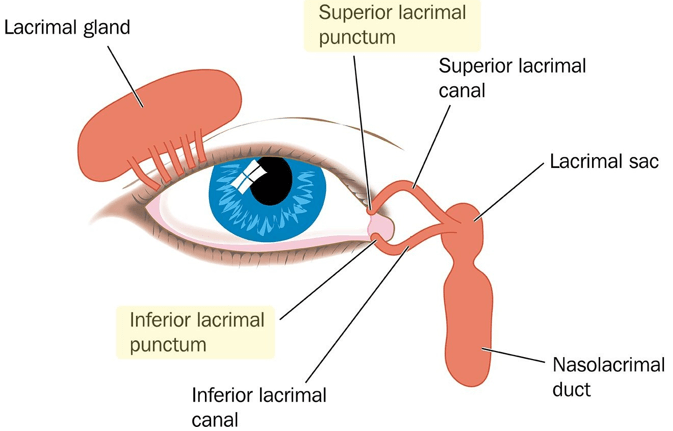A nurse is reviewing client confidentiality with a group of newly licensed nurses. Which of the following situations should the nurse include as an example of a breach in confidentiality?
A nurse discusses a client's postoperative complications during a shift report.
A social worker reads a client's chart as a follow-up to a requested consultation.
A facility risk manager includes information from a client's medical record in a written report.
A nurse tells the chaplain that a client has a new diagnosis of cancer.
The Correct Answer is D
In this scenario, the nurse disclosed sensitive medical information about the client's diagnosis to someone who is not directly involved in the client's care or treatment. This disclosure violates the client's right to privacy and confidentiality.
Nursing Test Bank
Naxlex Comprehensive Predictor Exams
Related Questions
Correct Answer is A
Explanation
a. Apply pressure to the lacrimal punctum after administering the drops.
When administering eye drops to a child, the nurse should apply gentle pressure to the lacrimal punctum (the small opening in the inner corner of the eye) after administering the drops. This can help prevent the medication from draining into the tear duct and being absorbed into the bloodstream, which can reduce systemic side effects.

Correct Answer is B
Explanation
It is important to provide choices for the client, but limit them to two or three options to prevent confusion and decision-making difficulties.
Use visual cues to assist the client with locating the bathroom, such as pictures or color-coded signs instead of written signs.
Avoid using confrontation to manage the client's behavior, as it can increase agitation and aggression. Instead, use redirection and positive reinforcement.
Provide a calm and non-stimulating environment for the client, as overstimulation can lead to confusion and agitation.
Whether you are a student looking to ace your exams or a practicing nurse seeking to enhance your expertise , our nursing education contents will empower you with the confidence and competence to make a difference in the lives of patients and become a respected leader in the healthcare field.
Visit Naxlex, invest in your future and unlock endless possibilities with our unparalleled nursing education contents today
Report Wrong Answer on the Current Question
Do you disagree with the answer? If yes, what is your expected answer? Explain.
Kindly be descriptive with the issue you are facing.
